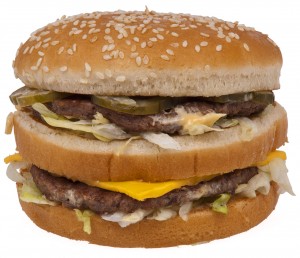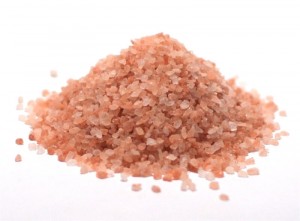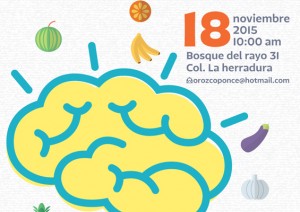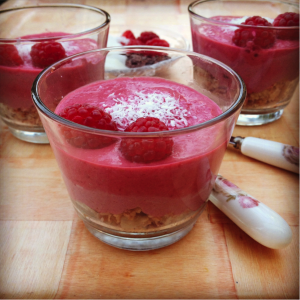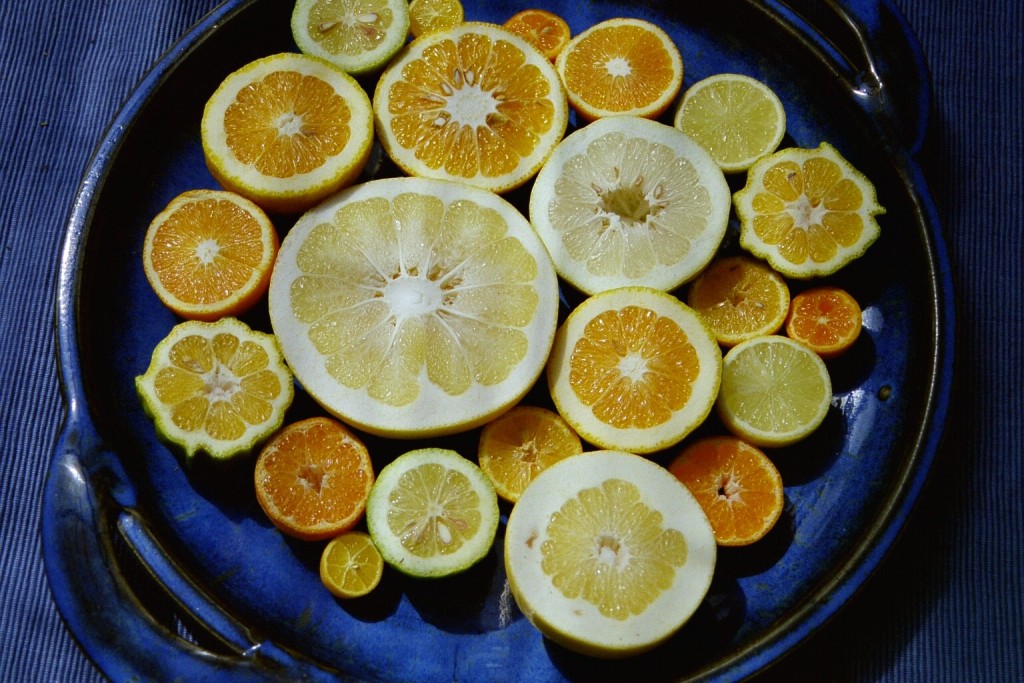
A recent article in The Washington Post has raised another concern about the common use of antibacterial soaps and sanitizers. Triclosan is a common ingredient found in many personal care products such as soaps, toothpaste, deodorants, first aid products, even in clothing such as “antibacterial” socks, and some children’s toys! (see this article at Grinning Planet for a more comprehensive list).
This chemical can contribute to the increasing problem of antibiotic resistance, but also has been found to be frequently contaminated with dioxins, highly carcinogenic chemicals that can have devastating health effects in even small quantities.
Triclosan can have a legitimate use within hospital settings, but outside of that, its use is much more controversial. It has become such a common ingredient in so many products, that the Centers for Disease Control and Prevention have stated that it is found in the urine of 75% of the U.S. population. A 2002 Swedish study found high levels in 3 out of 5 human breast milk samples.
This is one more reason why using natural products to clean our homes and our bodies is a much healthier way to go! Here are some alternatives to consider:
• Plain soap (fragrance-free) and warm water to wash hands and bodies
• Vinegar and warm water to wash floors and surfaces in our homes
• Baking soda to scrub sinks and toilets
• Purchasing more natural cleaning and personal care products from health care stores and trusted websites
• If you feel the need for some antimicrobial protection, try essential oils such as Australian tea tree oil and grapefruit seed extract (which are sometimes included in natural soaps and shampoos.
Read the original article at the Washington Post: FDA says studies on triclosan, used in sanitizers and soaps, raise concerns
